3 Great Food Suppliers Explain Why Ingredients Matter
Why do you think Jackson comes to you for his ingredients?
“Jackson’s an avid supporter and arbitrator of not just quality but provenance – and that’s what we provide. When we were starting out, Jackson was someone we desperately wanted to work with and one of the first chefs we went to with samples. It took us about 18 months to make it into his kitchen. He had to be sure we were the real McCoy, not just one of these fads... Fair enough!” – Harry Dyer, founder, Shrub
“We share a philosophy on food – what to use, when and how. Our sourcing fits in with his cooking style, allowing him to focus on the creative expression while we work with farmers across our network to bring beautiful ingredients into his kitchen. We also provide a transparency that reflects our shared belief in the importance of a food system grounded in human relationships and positive outcomes.” – Franco Fubini, founder, Natoora
“I think there are three reasons. We grow a huge range of vegetables, including some rare varieties, but we always pick for flavour – Jackson particularly likes some of our special herbs like Korean mint and liquorice mint, and some of our crazy cucumbers like the tiny yellow salt and peppers. Second, because we’re a small producer, we can pick one day and it’s in the restaurant the next. Our produce will never have been inside a fridge, and the difference this makes to the taste of veg is incredible. Finally, our vegetables are all organic and, more than that, we focus on soil health and biology, using the most sustainable methods we can. I think this was a big factor in Jackson choosing us as a supplier.” – Kate Gatacre, head grower, Linley Walled Garden
What’s the problem with the wider food system and how can it be solved?
“I’d love to see the middleman disappear from our food system. Farmers are not being paid a fair price for produce, especially produce that is grown sustainably, and yet we have food poverty. I think this is one of the most fundamental questions of our generation. Enabling farmers to switch to regenerative practices by paying them fairly would be a game changer for our ecology and climate, as well as for the availability of good food for everyone.” – Kate
“We need shorter systems with more access to local markets. We're not dreamers. We understand there is a huge population to feed, but that should not be an inhibitor to change. We need to give people a more educated view of their food, so they understand and value it as much as the SUV they lease for hundreds of pounds each month – or at least as much as all the streaming services they pay for! Not that high-quality nutritional food should be a luxury. Its health benefits mean it should be in the national interest. In particular, supermarkets need to be regulated and held to account. If you look at Europe, even the big chains are buying regionally. How epic is that? That's because their customers demand it. We should too.” – Harry
Buying British, buying seasonal, buying organic… There’s a lot of advice swilling around. What’s the most important thing in all of this?
“It’s such a burning question, and I think we can get very tangled up in what is right. I’d say try to buy direct from growers/producers where you can – it’s never going to be everything, but even if it is one thing, that will help. Other than that, definitely organic, British where you can, and in season.” – Kate
“The most important thing about produce is that you're buying some raw ingredients in the first place. Organic in general is a good auditor, but isn't the be all and end all. Buy local and from a person as often as you can. Joining a CSA box scheme is a great way to access high-quality local produce that is often beyond just an organic certification. Buy seasonal too, and a sure-fire way to do that is to buy British. Don't buy green beans from Africa in January or asparagus from Peru in July. There is so much else to cook with.” – Harry
What's the worst thing we could buy in a supermarket today?
“Asparagus or any seasonal product from abroad. They inhibit cultural and culinary innovation, devaluing the vegetable and the farmer behind it. Eat seasonally, with abandon. Get sick of that ingredient, then wait a year for it again. By then you’ll be yearning for it!” – Harry
“Cheap protein like chicken and salmon are up there because they sit in the ‘fresh aisles’ and yet are as detrimental to the environment as they are to our health.” – Franco
“I’d say meat or dairy too. There are so many amazing producers of grass-fed beef and meat that avoid the use of soy-based feeds – and most of them can deliver to your home now. If I had to pick a fruit or veg to avoid, it would be tomatoes. I haven’t bought a tomato in four years. Once you taste tomatoes like ours, you never go back.” – Kate
And if there’s one ingredient we should be prepared to spend more on…?
“Olive oil. Buy the good, fresh, young stuff from as close to the source as possible. It goes in everything and is the binding silver bullet that melds and marries flavours. Beyond that, as a greengrocer, I’m going to say veg as a whole. I promise, you get so much more out of high-quality veg grown locally to you. You're also supporting people, not industries. Bad-quality stuff is only marginally cheaper in this day and age, so you may as well get the good stuff. It’ll make you happier and healthier.” – Harry
“I have to agree. Most extra virgin olive oil is a scam: it’s bad for you and its flavour – which is usually rancid – ruins your food. Yet great olive oil is incredibly healthy for you, and it transforms food. Most pasta dishes will improve with a bit of fantastic olive oil drizzled on top, and even fresh fruit like a persimmon or a peach love it.” – Franco
We saw snails, Delica pumpkins and a few other things blow up in 2023. What are the coming ingredients in 2024?
“Green citrus. Brawn and Lyle’s are just two London restaurants already leaning into green citrus season. Green mandarins are great in cocktails – try gin, green mandarin juice, simple syrup, soda and ice – and you can even use some of the zest. For a really simple dish, roast potatoes dressed with a brown butter, bergamot juice and zest are amazing.” – Franco
“Cobnuts and walnuts should start making bigger appearances on our menus. They're so versatile and historically significant to the UK. They're edible in their early, green stages of growth and their characteristics develop as they mature, cure and dry. They also produce phenomenal oil. Turnips and radishes with their mustardy tops are also in right now. In general, restraint and elegant simplicity are very much the way everyone’s going – and you can't do that with generic veg.” – Harry
“We are constantly selling out of radicchio, which comes in so many beautiful varieties. I love the Rosa variety – a cotton-candy pink sort that doesn’t really form a heart or colour up until December. Even better, the radicchio beds are where the worms love to go, so they are one of the best crops for the soil. But there are so many other veg I’d love to see going viral: agretti, shelling beans, calçots, Tropea onions…” – Kate
Tell us about one of your products you think is underappreciated…
“Witloof endive! Many restaurants continue to use the year-round industrial version when they should be using the real deal, which not only tastes completely different but also helps preserve a fascinating growing technique and an invaluable piece of our human heritage.” – Franco
“I guess we sometimes take the more standard ingredients for granted, like curly parsley. Flat parsley has become far more used, but I love the flavour of curly parsley. It has that amazing sweetness to it.” – Kate
“The humble lettuce head is not given the affection it deserves. There are hundreds of varieties and they're so stunning, hold dressings well, and can even be cooked. They should be used way beyond a Caesar salad – not that there’s anything wrong with a Caesar.” – Harry
What are you eating to pick yourself up in January?
“Cabbage almost every day. Even for breakfast. Steamed then lightly sautéed with oil and a splash of vinegar. Hunk of sourdough toast and a couple of fried eggs. I could eat that all day long. Sprout tops work really well with this too. We've just started working with the Todoli Citrus Foundation in Valencia. They grow hundreds of varieties of rare and exotic citrus fruits, so I’m also eating a heck of a lot of citrus right now.” – Harry
“Raw vegetables are fantastic, so salads are ideal. In January, I love having a few different varieties of radicchio, some raw artichoke – you can also use witloof endive here – and some orange segments. Make a dressing with whatever juice you can recover from the orange cuttings, olive oil, salt, pepper and some vinegar. You can also add pieces of anchovy if you like.” – Franco
“One of the easiest and most delicious dishes a home cook can do is a salad with radicchio, pear, stilton and caramelised walnuts. It’s a fantastic starter during the winter months – if you can’t find radicchio, chicory will do. We also stuck all our smallest garlic cloves in a bed to pull in January and February as aillettes – tiny garlic heads that are still one bulb. I’m hoping to tuck into some of those. Then there are all those good Asian leaves that make your eyes water. Wasabina, Red Frills, Mizuna – they wake up your palate after all that rich Christmas food.” – Kate
Tell us about a favourite restaurant that’s doing food right…
“An OG customer and regular favourite is Soif in Battersea Rise. Sam and I both enjoy simple unfussy food, which possibly requires more mastery than the finickity stuff because there are fewer places to hide. Anyway, rotisserie chicken, a few small plates and a carafe of the house plonk on tap. It’s fun and friendly, zero pretentiousness and the service is great.” – Harry
“That’s a very mean question as I’m bound to offend almost all my clients! I’m rarely if ever in London so I’m going to go local to me. The Bridges at Ratlinghope is a pub just down the road, and we work really closely with them. The chef Alex Keys (formerly of Rochelle Canteen and St John) comes and harvests with us every Tuesday, and uses the produce so beautifully and with such a gentle touch. His food is filled with joy, and he takes all our seconds and the bits we can’t sell.” – Kate
“Brawn continues to be one of my favourite restaurants anywhere in the world.” – Franco
How about a great place for us home cooks to buy fresh produce in London?
“Well, Shrub soon. Watch this space. In the meantime, get to the Nourished Communities farmers markets in Islington, Blackstock Road and Blackhorse Lane. Or check out London Farmers Markets. They have some great vendors.” – Harry
“General Store, Jones of Brockley and The Ealing Grocer have great selections of seasonal produce. (We might supply them with some of this.)” – Franco
Finally then, we’ve seen the stories – are we all going to start eating insects soon?
“No, just like we will not have a wild food revolution anytime soon, as healthy and nutritious as those products are.” – Franco
“I hope not! Meat can be a dirty word right now, but livestock are such a vital part of our farms and landscape management, and we can produce happy and sustainable meat. We do need to eat less though, but I think we are also just starting to realise what an incredible source of protein pulses are.” – Kate
“Insects? We're not resistant to change, but when big industry is steering the food system and the trends, we're a bit sus. Wild foraged insects, for sure. Ants are delicious. Lab-produced insect burgers? They’re solving a problem that didn't exist and selling you the solution to an anxiety they created. We'll stick to celeriac steaks and the odd pork chop thanks.” – Harry
Shrub supplies fruit and veg to great London restaurants like Mountain, Manteca, Elliot’s and Rovi – see everything it does here.
Kate has a great Insta feed for the freshest, most organic inspo. Follow her now.
Natoora has a few stores around London. It has a website loaded with info about making food systems better, where it also sells its Peak Season subscription boxes.
DISCLAIMER: We endeavour to always credit the correct original source of every image we use. If you think a credit may be incorrect, please contact us at [email protected].
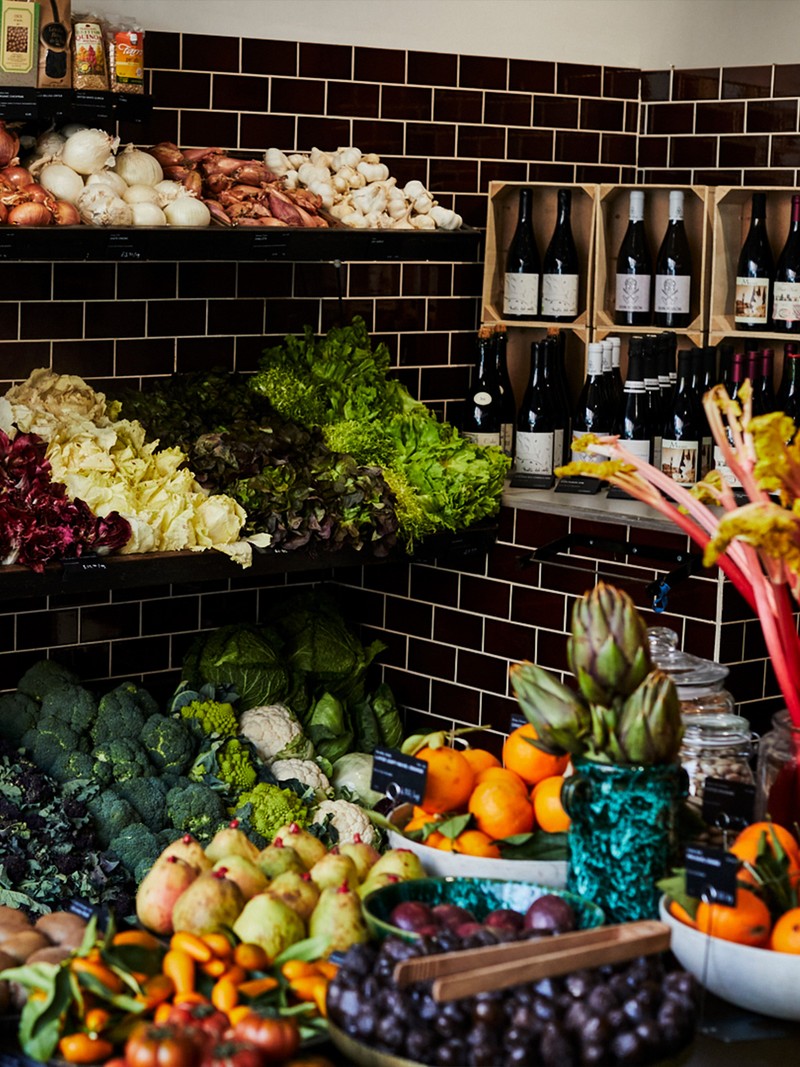
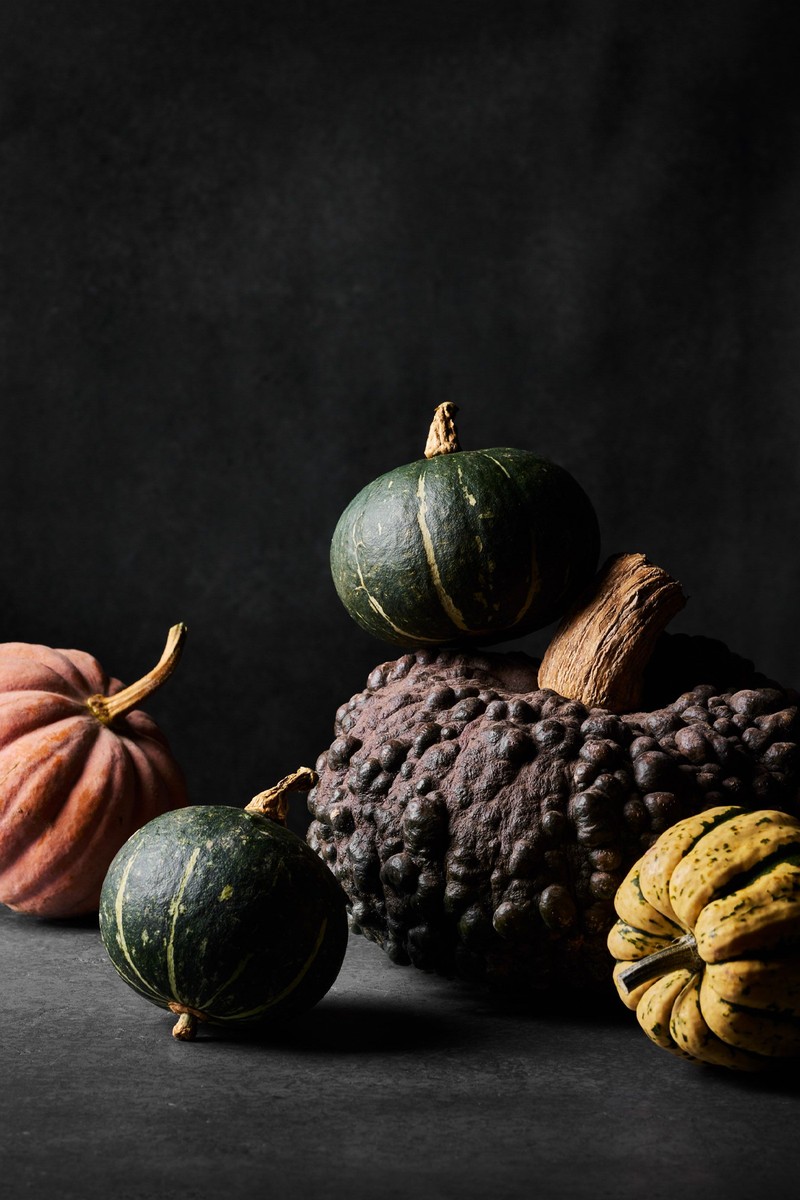
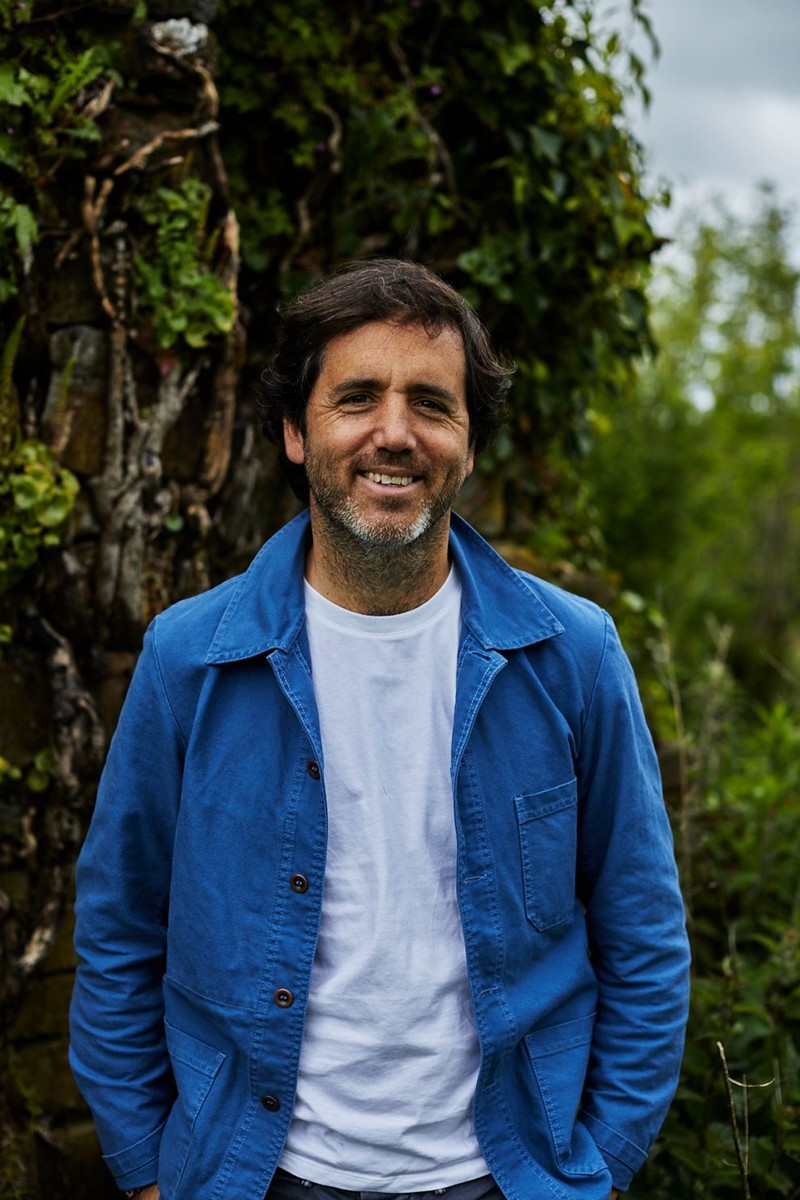
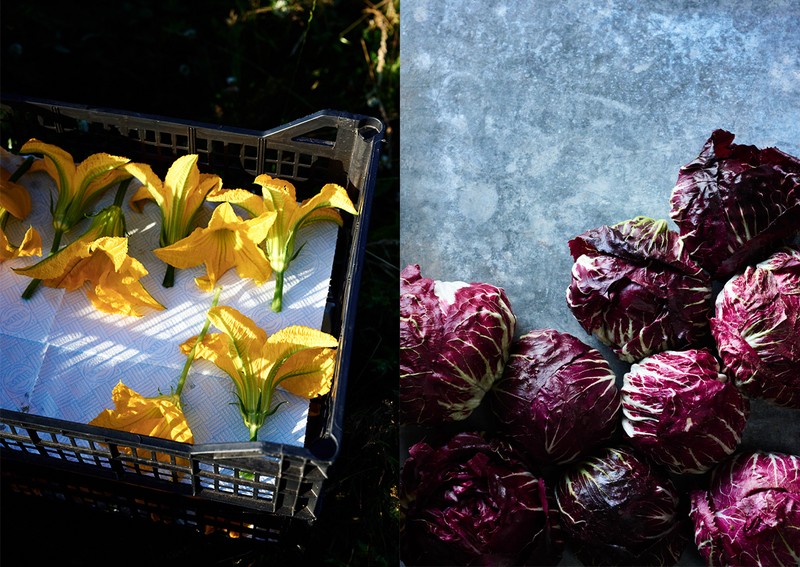
/https%3A%2F%2Fslman.com%2Fsites%2Fslman%2Ffiles%2Farticles%2F2024%2F01%2Fsl-man-food-trends-2-new.png?itok=Kv874hMe)
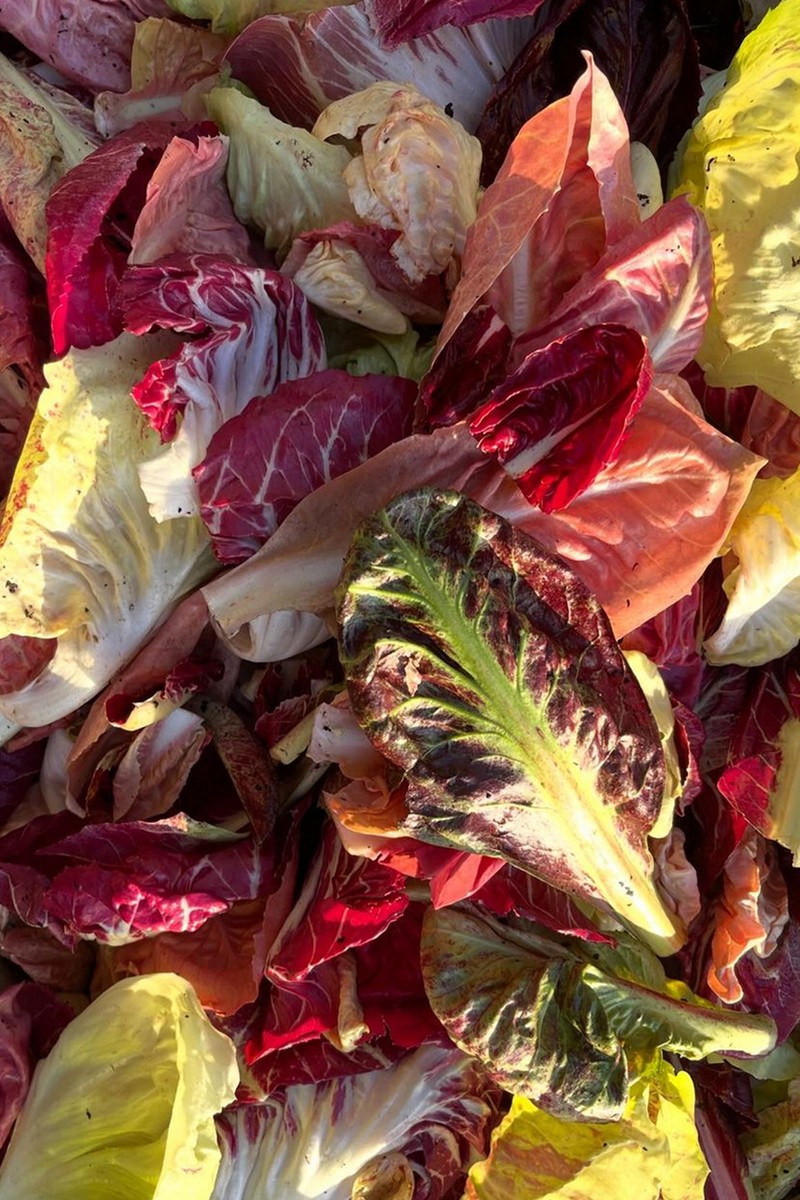
/https%3A%2F%2Fslman.com%2Fsites%2Fslman%2Ffiles%2Farticles%2F2024%2F01%2Fsl-man-food-trends-3-new.png?itok=wsQw4Lyr)

